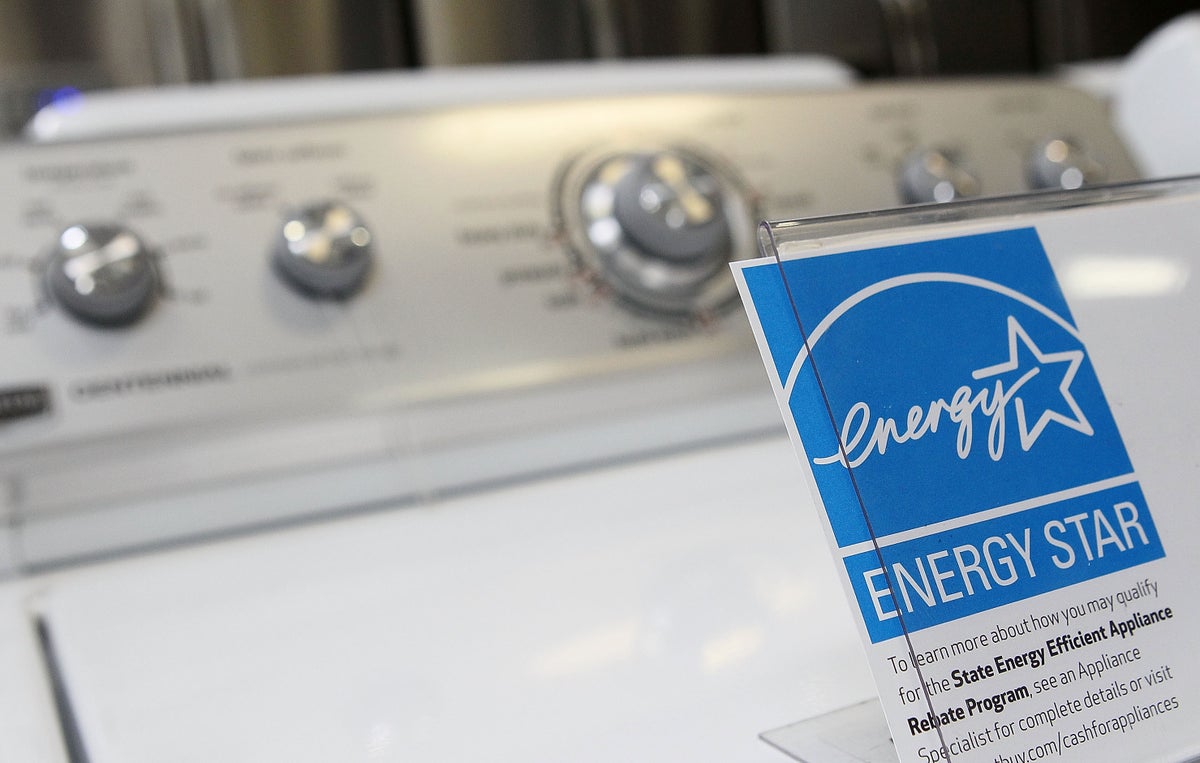Now Reading: EPA Plans to End Energy Star Program: Implications Explained
-
01
EPA Plans to End Energy Star Program: Implications Explained
EPA Plans to End Energy Star Program: Implications Explained

Quick Summary
- The Environmental Protection Agency (EPA) plans to shut down its Energy Star program, according to internal reports cited by the New York Times.
- Energy Star,launched in 1992 under President George H.W. Bush,is a certification program that helps consumers adn businesses identify energy-efficient appliances and electronics.
- It has reportedly saved $500 billion in energy costs and prevented 4 billion metric tons of greenhouse gas emissions sence inception, per EPA’s figures.
- Consumers benefit from rebates and tax credits for purchasing Energy Star-certified products which impact building codes and local tax incentives as well.
- $100 billion worth of Energy Star-certified products are sold annually. A survey showed 89% consumer recognition of the label in the U.S., influencing purchase decisions for over half of respondents.
- The program operates at a cost of $32 million annually but reportedly generates significant returns: every dollar spent on it triggers $230 investment in energy-efficient infrastructure by homes and businesses.
- Over 1,000 manufacturers, building owners, and small businesses recently petitioned EPA Administrator lee Zeldin to save the initiative.
indian Opinion Analysis
The potential closure of America’s Energy Star program presents global ramifications-India included-were rising urbanization faces critical challenges related to sustainability.Programs like this demonstrate how centralized frameworks for efficiency benchmarks can yield significant environmental savings while fostering consumer trust through credible certifications. India could observe how uniform national labeling systems simplify outreach compared with fragmented regional approaches.
Although choice certifications exist internationally-such as LEED standards-they often remain limited in scope or lack independent testing rigor akin to Energy Star’s model. As manufacturers may wrestle with ad-hoc efficiency standards due to such gaps globally if shuttered entirely India’s policymakers might consider whether strengthening its equivalent domestic schemes (e.g., BEE labels) avoids difficulties highlighted today abroad now USA .Read More
























